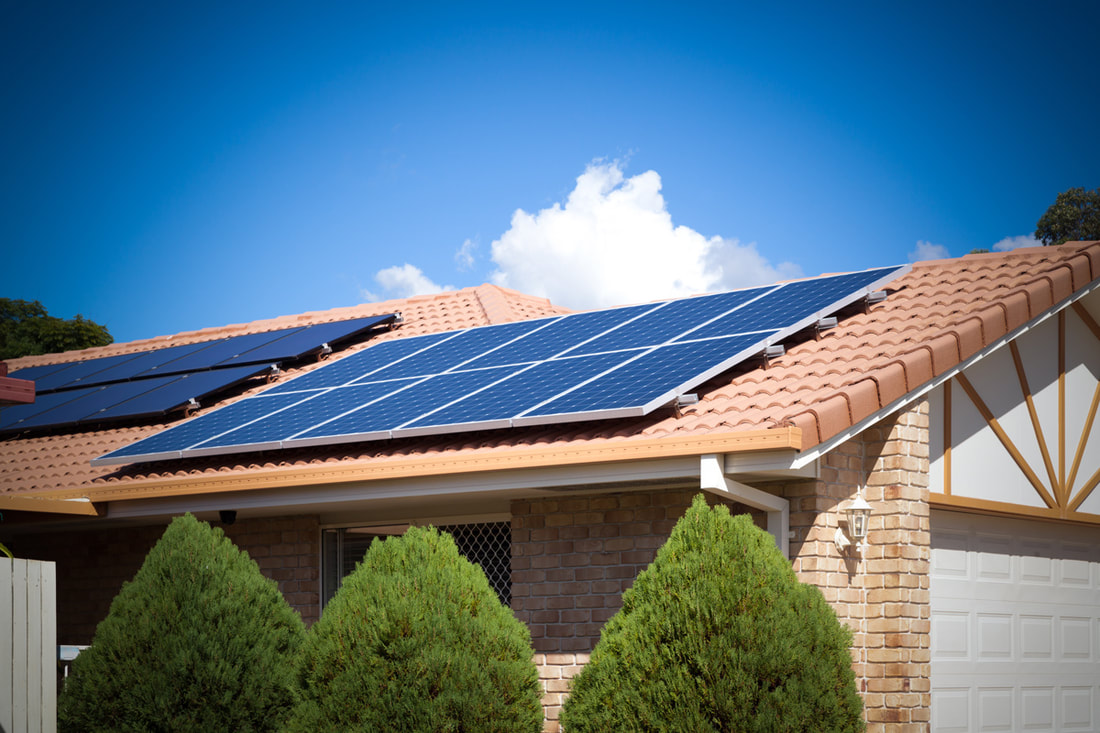Is Solar Power Economical In Florida?

But you may still be wondering if you can really save money via solar installation at your home. Here are 4 factors to consider that all tend to converge with a resounding “yes” to that important question.
1. Solar Technology Is Improving
This is a two-edged sword, both ends of which tend to make solar power more economical today than, say, 10 or 20 years ago. Technological advances in today’s solar panels and other equipment mean more efficient energy production, but it also means you can save on older (but not yet outdated) panels that still do a very good job. You have the choice, thus, of saving more upfront or of saving more month on month with more powerful panels.
Additionally, many roofing companies and others are doing solar installation at lower rates (per Watt gained) than ever before. This is especially true in Florida.
2. Net Metering Is Profitable
In Florida, you are allowed to sell your excess solar power produced by your panels back into the grid for a profit. This is called a “net metering” agreement. It can lower or eliminate your monthly electric bill – or the power company could even end up paying you!
You get full retail value for the power you produce. You can use your surplus to offset expenses during the year. The more solar installation you invest in, the more you save. And as mentioned above, you could even end up with the utility company owing you money.
3. Incentives & Rebates Lower Costs
It can cost $10,000, $15,000, or more to install a full solar system on your roof or on a solar stand in your yard. But through at least the end of 2019, you could get 30% of solar installation costs written off through the federal Renewable Energy Tax Credit. Note, that’s not a tax “deduction” but a “credit” that will lower your tax bill dollar for dollar.
Also, there are state and local rebates and incentive programs to take advantage of, and roof-based solar systems are tax exempt in Florida. It’s not, therefore, going to spike your income taxes or property taxes, and solar installation qualifies for multiple programs that can greatly reduce the actual costs.
4. Purchase, Loan, or Lease
You have several options when it comes to solar installation. If you have the cash on hand, you can simply buy the system up front. Few can do that, however, so it’s good there are two alternative methods.
You could get a “solar loan”. There are many groups that are willing to finance new solar panels on a home these days, including banks, installation companies, and third-party lenders. And it’s even possible to finance this home upgrade through a home equity loan.
Third, you could get into a solar lease program. In this case, you don’t immediately get the full benefit of the energy savings since the lender still owns the panels – but you save some right away at least and can get the solar installation done fast. Plus, you can usually buy the panels within 5 to 10 years and enjoy full energy savings from that point on (panels are efficient for 25 years or more).
With so many factors helping you to save money both initially and month to month when you choose solar installation, it’s worth looking into. To learn more, or for a free quote, contact Sheegog Contracting today!


